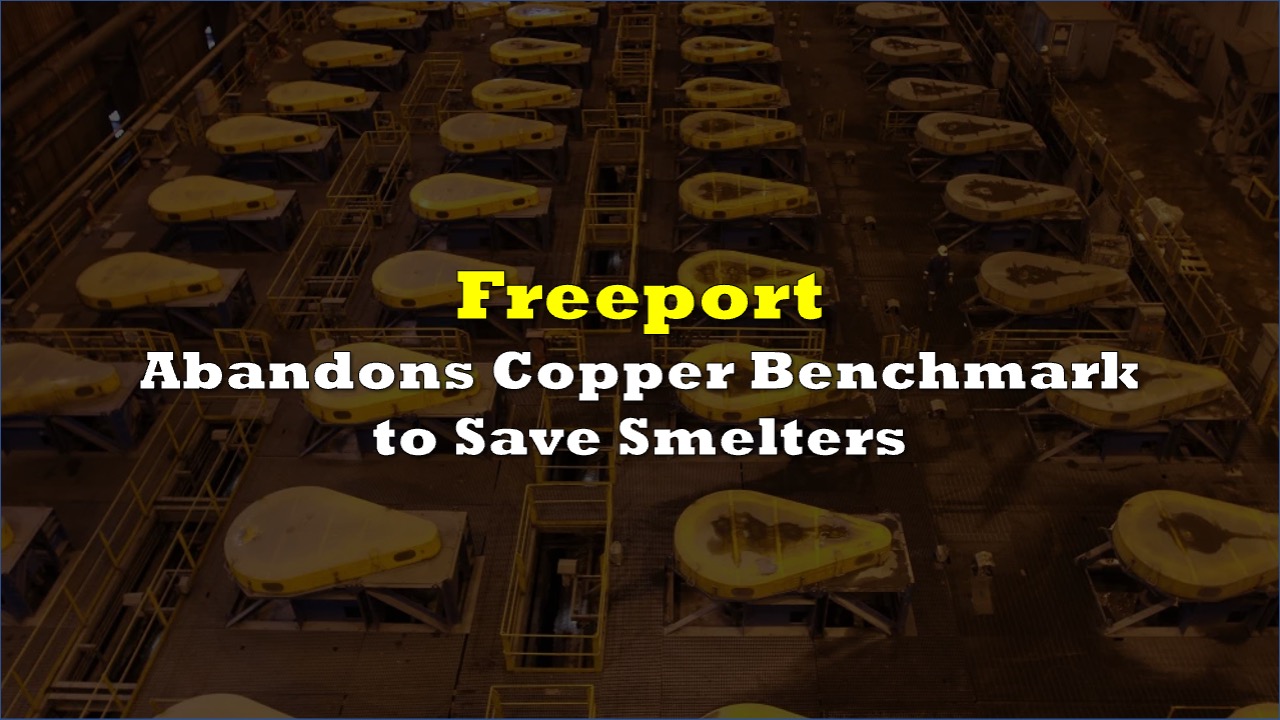Freeport-McMoRan Inc. (NYSE: FCX) will abandon the copper industry’s three-decade-old benchmark pricing system next year to prevent smelters from losing money on collapsing processing fees, a move that threatens to fracture the global market for the critical industrial metal.
The world’s largest publicly traded copper producer plans to negotiate individual supply contracts for 2026 rather than follow the industry benchmark it helped establish, Javier Targhetta, the company’s senior vice president for sales and marketing, said in an interview during London Metal Exchange Week. Processing fees have crashed to record lows this year and could turn negative in 2026, forcing smelters to pay miners for concentrates instead of the other way around.
“Over the last 35 years, I have never seen anything like this,” said Targhetta, who also chairs Freeport’s Atlantic Copper smelter in Spain. “We, Freeport, are not happy our customers are losing money.”
The decision comes as treatment and refining charges — fees paid to smelters for processing copper concentrates into refined metal — have plunged to record lows in 2025. These fees typically account for nearly one-third of smelter revenues.
Industry sources say some traders are offering treatment and refining charges below negative $100 per ton and 10 cents per pound, which Targhetta dismissed as “nonsense.” Under such terms, miners would add fees to concentrate costs rather than deduct them, effectively forcing smelters to pay for both the raw material and the processing.
The benchmark system collapse stems from supply disruptions, expanding smelting capacity, and aggressive buying by traders. For 2025, Chilean miner Antofagasta set a record-low benchmark with a treatment charge of $21.25 per ton and a refining charge of 2.125 cents per pound, down significantly from previous years.
Freeport’s announcement carries particular weight because the company has historically set the global benchmark through its large-scale supply agreements. The shift could prompt other major miners to follow suit.
The company is simultaneously dealing with production challenges at its Grasberg mine in Indonesia, the world’s second-largest copper mine, following a fatal September accident that killed two workers and left five missing.
Information for this story was found via Bloomberg, and the sources and companies mentioned. The author has no securities or affiliations related to the organizations discussed. Not a recommendation to buy or sell. Always do additional research and consult a professional before purchasing a security. The author holds no licenses.









